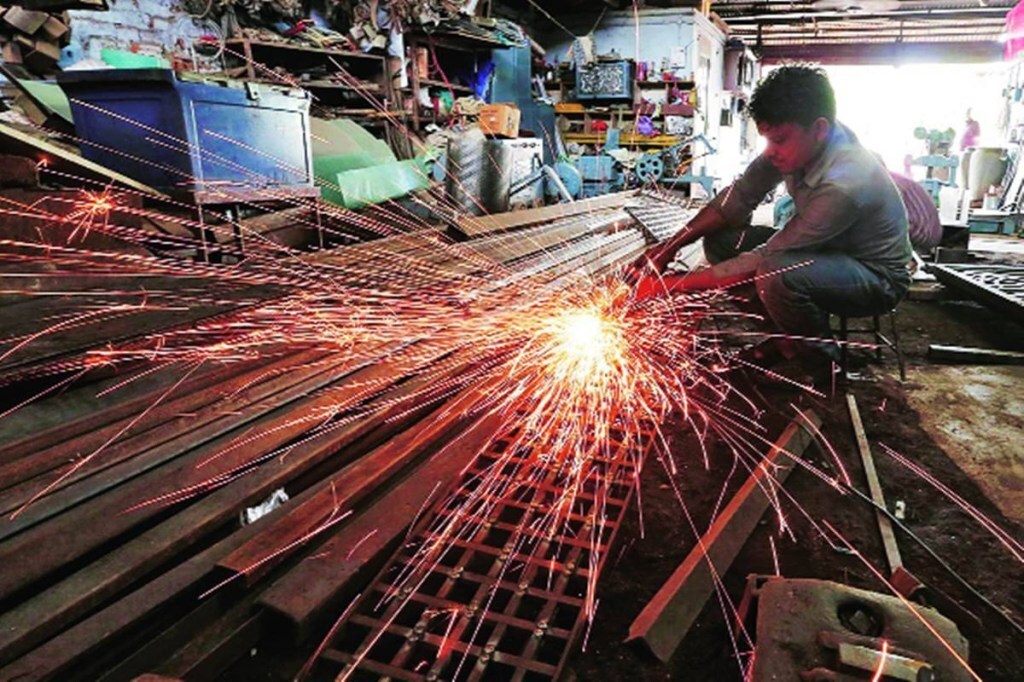India’s manufacturing activity grew at its fastest pace in three months in July, reversing a contraction in June, as states relaxed localised curbs imposed in the wake of the second Covid wave.
Output, new orders, exports, quantity of purchases and input stocks expanded in July, while a marginal increase in employment ended a 15-month sequence of job shedding.
The Nikkei Manufacturing purchasing managers’ index (PMI) rose to 55.3 in July from 48.1 in the previous month. An index reading of 50 or above suggests expansion and below it points at contraction.
The PMI for manufacturing had shrunk for the first time in 11 months in June.
Factory orders rose amid improved demand and the upturn was sharp and compared with a marked decline in June. “Strengthening international demand contributed to the uptick in total order books. New export orders expanded markedly in July, following a moderate contraction in June,” data analytics firm IHS Markit, which releases the PMI data, said in a statement.
Meanwhile, there was a sharp increase in input costs. “Output charges rose only slightly, however, as several companies absorbed additional cost burdens amid efforts to boost sales,” it said.
Companies also purchased additional inputs for use in the production process. The overall rate of buying activity growth was solid by historical standards.
Goods producers saw a rise in their stocks of purchases during July, which followed a decline in June. Once again, raw material scarcity was cited as a key factor causing longer delivery times among suppliers.
Pollyanna De Lima, economics, associate director at IHS Markit said: “Output rose at a robust pace, with over one-third of companies noting a monthly expansion in production, amid a rebound in new business and the easing of some local Covid-19 restrictions. Should the pandemic continue to recede, we expect a 9.7% annual increase in industrial production for calendar year 2021.”
De Lima said although employment went up marginally in July, it’s too early to say that such trend will be sustained, given that firms’ cost burdens continue to rise and signs of spare capacity still remain evident.
“Policymakers will welcome evidence that inflationary pressures are starting to abate…Hence, we expect the RBI to keep interest rates unchanged in its August meeting as it continues to support growth,” she said.


